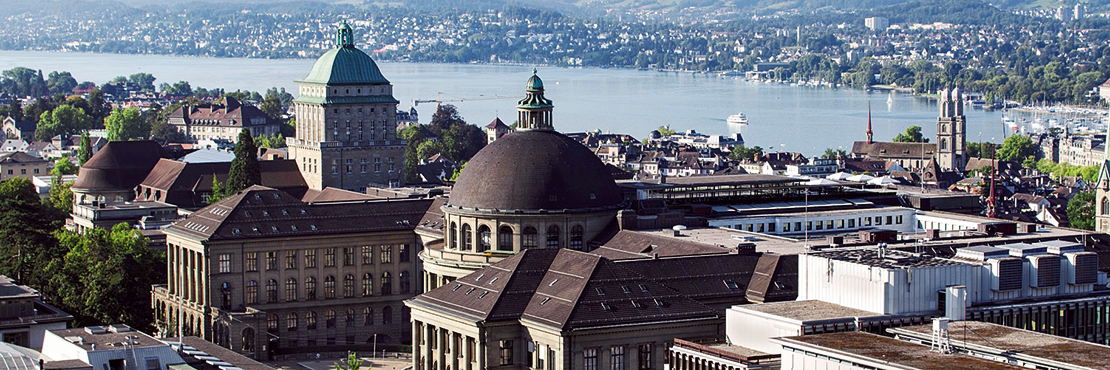To accept or not to accept, that is the question

Imagine that one day someone knocks on your door. A stranger. And at his feet, there lies a package. A package so big that he had to put it down to free his hands to knock. It is wrapped to impress - in bright colors with a shiny ribbon. You immediately wonder about the contents. And the stranger says to you: “I offer you this present but I don’t know what is inside. It is possible that it will be entirely good for you, it may also be entirely bad. But most likely there is both of those, mixed at unknown ratio.” Would you be tempted to open this package? Almost certainly you would. And would you open it?
I faced such situation this winter. The present I got was a letter of acceptance to master’s program at ETH in Zürich. It came in an ordinary envelope, but like the package with shiny ribbon, it made an extraordinary first impression. ETH is ranked as the 9th best university in the world. In Europe only Oxford, Cambridge and UCL appear higher in rankings. It has long record of excellence in education and research. Besides, it doesn’t charge exorbitant tuition fees as similarly ranked universities do. All this makes it for many students and also scientist the place #1 to be. My reaction to the letter aligned with this image. I was over the moon and within few days I replied that I accept the opportunity.
However, this joyful feeling was soon over. Better consideration revealed that this present indeed contains a mixture of good and bad things. I was already aware of some of the disadvantages, like the price of living in Switzerland, but I kept finding more. For example, just finding a room to live in Zürich was a task that occupied all my free time for two weeks. That represents quite a lot of effort for something so ordinary! I also started seeing many things I will miss when not being in my home country like friends, mentors but also the peace of mind and effectivity that one usually finds in his comfort zone.
At one point I almost changed my mind. The present I received appeared to contain too much of bad stuff, the ratio of the mixture looked unfavorable. At that point I ran across a quote: “When facing a challenge, don’t think about what you stand to lose, but rather about what you stand to gain.” This dramatically changed my take on things and I am very glad it did. Because benefits of accepting the present are manifold.
“When facing a challenge, don’t think about what you stand to lose, but rather about what you stand to gain.”
Whole new hoist of opportunities opens up ETH. For example, the projects I can participate in as part of my studies are often tremendously interesting. Same goes for possible job openings. Moreover, the university and the city attract talent from all over the world and I just can’t wait to start literally bumping to great and diverse people! But if there is something that really tilted the scales towards accepting the offered present, it was my curiosity. Because I wonder how does the approach to education differ at top-notch and average university. I wonder how does one’s life changes when lived in a city that boasts one of the highest qualities of life in the world. I wonder what was it in the first place that made the country so attractive. Is it the relentless work ethics of its people, geographical position or the enduring tradition?

I have few friends that were offered a similar or even more impressively packed present and decided to refuse it. They turned down offers from the best US universities. I used to have very little understanding for them but now, once I lived through similar decision process myself, I see their point. Their mixture just appeared to have too much of a bad stuff. But, I decided, and I hope that luckily, to accept the present and open the package. On this blog I will share with you what I find inside. Which of my expectations will prove right and which utterly wrong? What surprises await me? And at what ratio are the good and bad things in the present really mixed? Stay tuned for answers to those questions and much more!
Martin
Here you can find out more about me.
Footnote:
The tag Tristium Turicum (“Zürich Sorrows”) is a reference to the collection of poems called Tristium Vindobona (“Vienna Sorrows”) written by Josef Svatopluk Machar at the end of 18th century. This Czech poet and essayist wrote them during his exile in Vienna, city which, when founded by Romans, was knonw as Vindobona. Similarly, Zürich, was named Turicum in Latin.
comments powered by Disqus